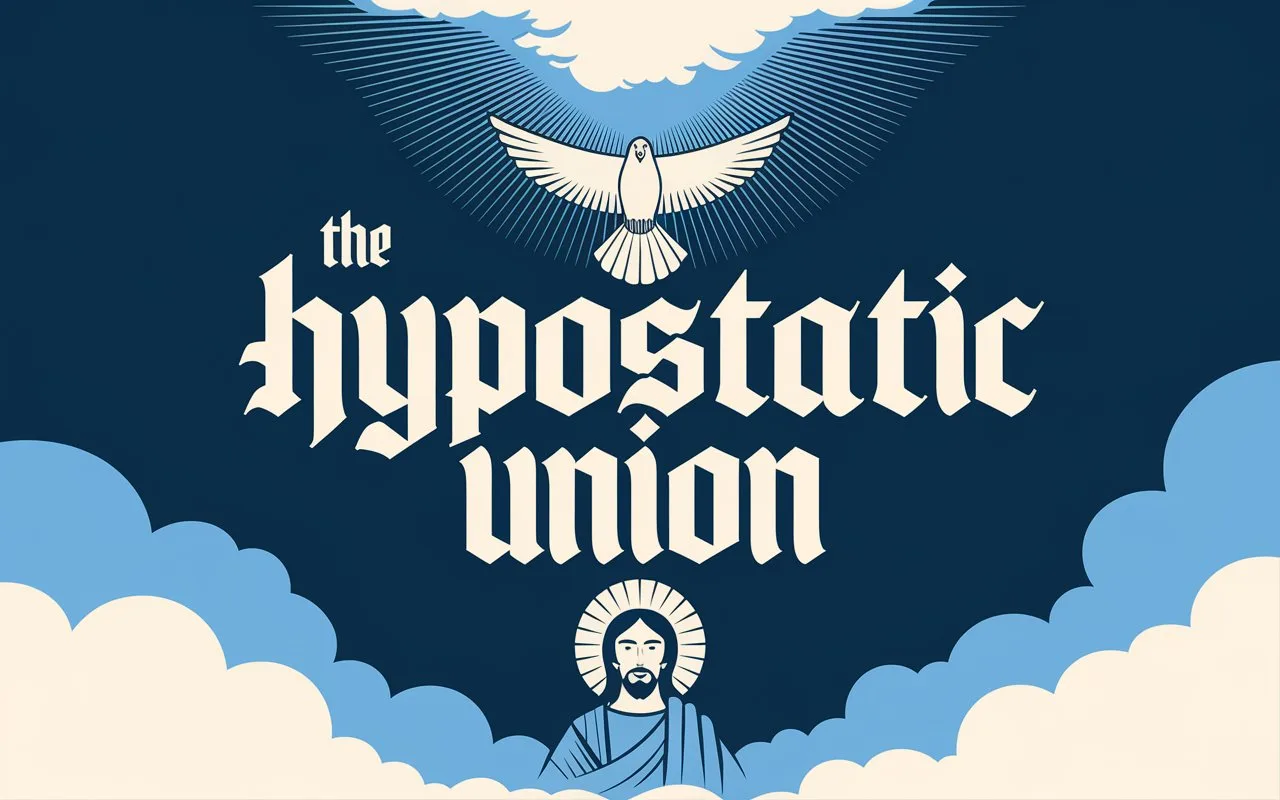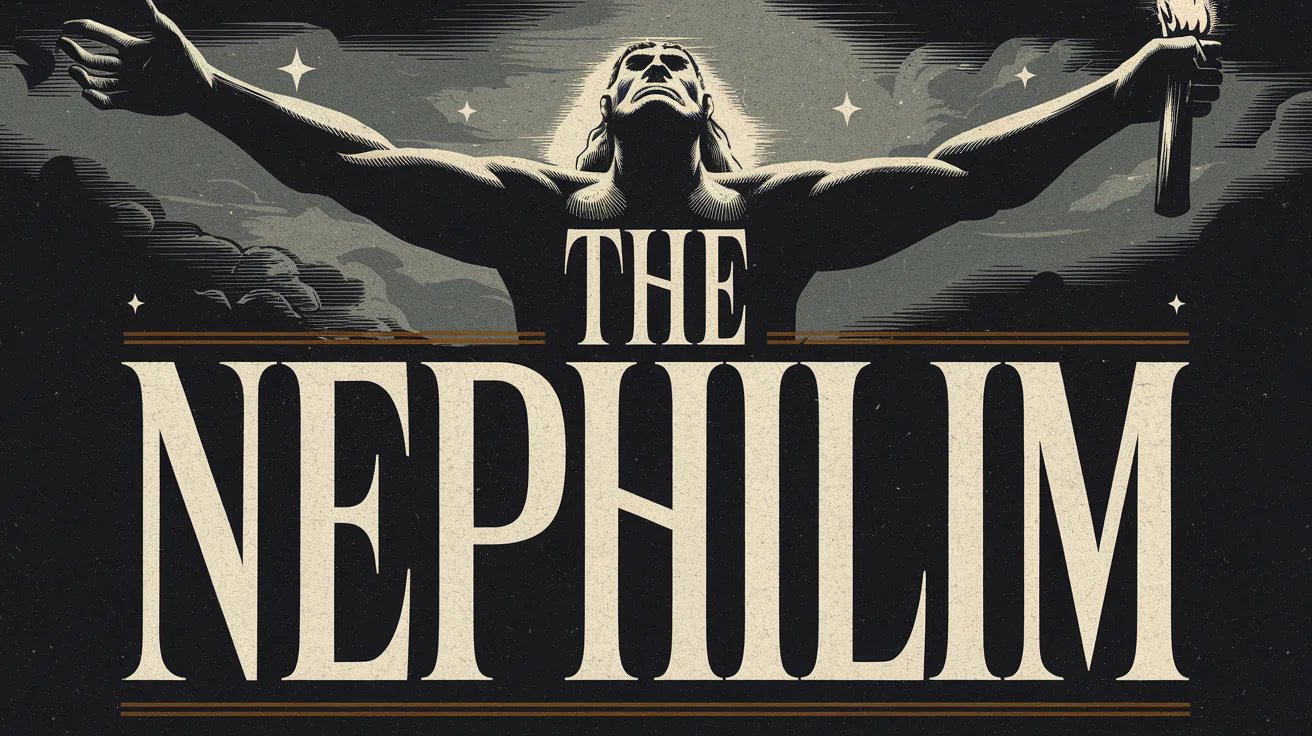The great mystery of the Incarnation begins with the miracle of the virgin birth. Jesus Christ was not conceived by man, but by the Holy Spirit. As it was prophesied,
“Behold, the virgin shall conceive and bear a Son, and shall call His name Immanuel” (Isaiah 7:14).
Matthew records the fulfillment, saying,
“After His mother Mary was betrothed to Joseph, before they came together, she was found with child of the Holy Spirit” (Matthew 1:18).
Gabriel’s announcement to Mary was clear:
“The Holy Spirit will come upon you, and the power of the Highest will overshadow you; therefore, also, that Holy One who is to be born will be called the Son of God” (Luke 1:35).
Christ did not carry the inherited sin of Adam, for He was conceived by the Holy Spirit and not by an earthly father (Romans 5:12). He is the “Lamb without blemish and without spot” (1 Peter 1:19), pure from His very conception.
The Early Years of Christ
Even as a young boy, the fullness of His divine wisdom was evident. When Jesus was twelve, He remained behind in the temple,
“sitting in the midst of the teachers, both listening to them and asking them questions. And all who heard Him were astonished at His understanding and answers” (Luke 2:46-47).
The Scriptures tell us,
“And Jesus increased in wisdom and stature, and in favor with God and men” (Luke 2:52).
This does not imply He was ignorant but shows the orderly unveiling of His perfect knowledge according to the will of the Father. John declares, “And the Word became flesh and dwelt among us” (John 1:14), and this Word, even as a child, lived and spoke the truth of God with authority.
The Humanity of Christ
Christ’s humanity was real and full. He experienced weariness, as shown when He slept in the stern of the boat during a raging storm (Mark 4:38). He experienced hunger after fasting in the wilderness for forty days (Matthew 4:2). He experienced sorrow, weeping at the tomb of Lazarus (John 11:35). Hebrews confirms,
“For we do not have a High Priest who cannot sympathize with our weaknesses, but was in all points tempted as we are, yet without sin” (Hebrews 4:15).
Though He felt the weight of human weakness, He never sinned. He humbled Himself, taking on the form of a servant and coming in the likeness of men (Philippians 2:7-8).
The Omniscience of Christ
Though fully man, Jesus retained full divine knowledge. He demons/”>demonstrated this when He told Nathanael,
“Before Philip called you, when you were under the fig tree, I saw you” (John 1:48).
He knew the secret thoughts of the Pharisees,
“But Jesus knew their thoughts” (Matthew 12:25).
John tells us plainly,
“He knew all men, and had no need that anyone should testify of man, for He knew what was in man” (John 2:24-25).
This omniscience is not given; it is intrinsic to His divine nature, revealing His true identity as God incarnate.
The Authority of Christ
Jesus did not speak as the teachers of Israel, who leaned on human tradition. Rather,
“He taught them as one having authority, and not as the scribes” (Matthew 7:29).
He did not cite another rabbi: He spoke as the final authority, for He is the Word (John 1:1). He forgave sins, a prerogative that belongs to God alone. To the paralytic, He said,
“Son, your sins are forgiven you” (Mark 2:5),
prompting the scribes to reason,
“Who can forgive sins but God alone?” (Mark 2:7).
To show that He had authority, He healed the man immediately.
Jesus also performed mighty miracles that no mere prophet could achieve by his own power: turning water into wine (John 2:9-11), calming the sea (Mark 4:39), feeding thousands (Mark 6:41-44), raising the dead (John 11:43-44). Each miracle was a testimony that
“in Him dwells all the fullness of the Godhead bodily” (Colossians 2:9).
The Order Within the Godhead
When Jesus said,
“But of that day and hour no one knows, not even the angels in heaven, nor the Son, but only the Father” (Mark 13:32),
He was not denying His divinity. He was demonstrating His submission to the divine order within the Godhead. Though equal in essence (John 10:30), the Son submits to the Father’s authority in role and function. As Paul writes,
“Then the Son Himself will also be subject to Him who put all things under Him, that God may be all in all” (1 Corinthians 15:28).
This submission is not inferiority but the perfect harmony and unity of the Trinity.
My Final Thoughts
The hypostatic union is the glorious mystery that Jesus Christ is fully God and fully man, united in one Person without division, confusion, or change. Conceived by the Holy Spirit, born of a virgin, He lived a sinless life in full humanity, yet exercised divine authority, knowledge, and power.
He bore our sins on the cross, died, and rose again, securing eternal salvation for all who believe. In Christ, we have the perfect Mediator, the perfect Savior, and the perfect King. We can rest in the truth that He knows our weaknesses, and yet He reigns in divine power, able to save to the uttermost those who come to God through Him (Hebrews 7:25).
Let us worship Him, love Him, and live in joyful obedience to Him, for our Redeemer is none other than the eternal Son of God made flesh.





 Get the book that teaches you how to evangelize and disarm doctrines from every single major cult group today.
Get the book that teaches you how to evangelize and disarm doctrines from every single major cult group today.